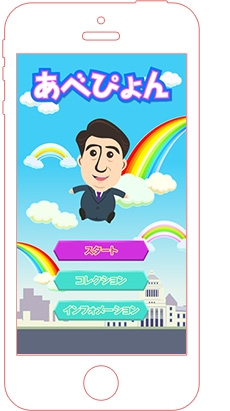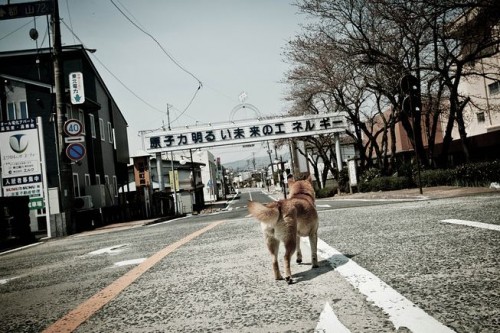A couple weeks ago the Japanese ruling Liberal Democratic Party released Abe-pyon (Abe Jump; iOS link / Android), its first official smartphone game. The release was timed ahead of the upcoming Upper House election to try and reach voters that might otherwise not be interested in politics.
You control a cartoon version of Prime Minister Shinzo Abe as he jumps higher and higher. Hitting springs gives you an extra boost, and as you go higher you reach more elite government/party titles (LDP Youth Division Director, Minister, Secretary General, etc. all the way up to Prime MInister).
For a low-budget simple game, Abe-pyon has been very well received, but I am not surprised — the game is actually quite fun and addictive just like 겜블시티 가입코드, it’s free, and unlike virtually all other high-profile smartphone games (that I have played at least), it is a pure and complete game with no in-game purchasing whatsoever. To control Abe, you tilt the phone from side to side, and this is the first smartphone game I have played where that was actually fun and even doable on the train. It is a lot of fun to try and slip Abe between two platforms to get at one of the red super-bonus springs.
This person made it to 11,000
You might complain that you are being propagandized by a political party, but if this is what it takes to bring an actually enjoyable and no-nonsense game to my iPhone, then that part doesn’t bother me a bit.
The game’s simple but well-done mechanics remind me of some earlier endless runner type games I have played, most notably Nanaca Crash, a Flash game (and Mutant Frog favorite) where you control a bouncing boy who was sent flying by a girl who was apparently stalking him. That was back in a the good old days before Facebook games taught every game maker of the potential to get rich through microtransactions.
The sound in the game is also pretty great. You get to hear comical boioioioing! sound effects whenever you hit a bonus spring, and Abe lets out a panicked squeal when he dies (sadly that isn’t his real voice). There is a rollicking Blues Brothers-style rock song which is also pretty fun (though I keep it off if I am listening to podcasts).
My current high score
That being said, there are a few drawbacks, most of which have to do with the nature of the game. For one thing, you have to start from the beginning every time, so it takes a while to get back near a high score. You can pause the game and come back, but my iPhone 4S has so little memory it often loses my progress if I open a few more apps. I find that my hand tires out a little after getting to 800 or so, so I tend to mess up after that. If the LDP decides to sell the game to an actual business, offering continues might be a good way to monetize.
All in all however, I have shocked myself at how long I have been willing to stare at Abe’s face (albeit in cartoon form) to play this game. That speaks to how enjoyable the game is, so I definitely recommend trying it out if it’s on your local app store and hope more political parties will get the idea to curry favor with the populace by making great video games.
Update: It has come to my attention that this game is very similar to a popular game Doodle Jump. I haven’t played that one but the screen shots seem very close. Thanks Dan and Emily!




